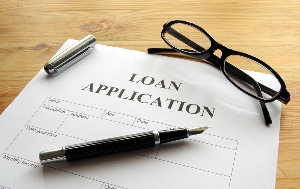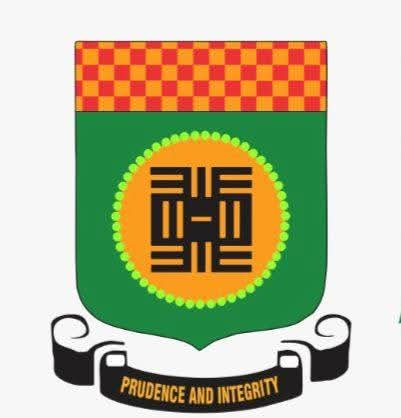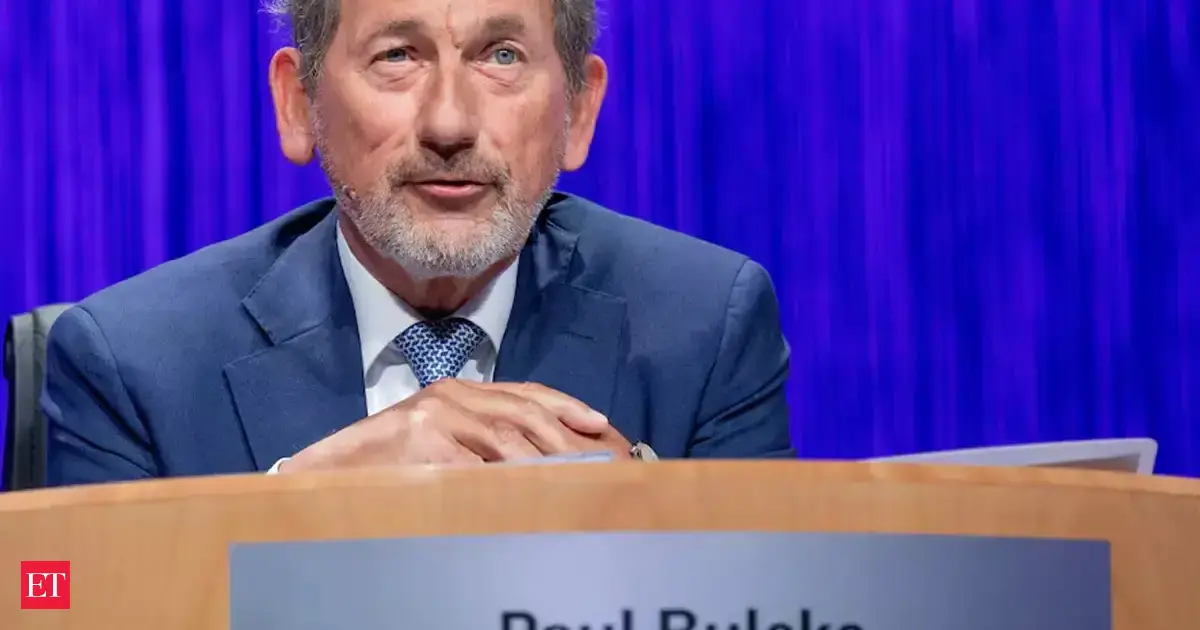By Ghana News
Copyright ghanamma

Ghana’s benchmark lending rate, known as the Ghana Reference Rate (GRR), has dropped to 17.86% in October 2025, down from 19.86% in September.
This update comes from the Ghana Association of Banks (GAB). With this development, borrowers can breathe a sigh of relief, as the new rate is expected to influence lending and borrowing costs across the banking sector.
At the start of the year, the GRR stood at 29.72%, rose slightly to 29.96% in February, and then steadily declined over the past six months to 19.67% in August.
This is welcome news, but what does it mean for you, especially if you’re a borrower or business owner?
The GRR serves as the baseline that commercial banks use to price loans. When it drops, lending rates typically follow suit. However, banks still apply their own margins and risk premiums depending on the loan type and the borrower’s creditworthiness.
For entrepreneurs who have seen loan interest eat into their profit margins, this marks a fundamental shift.
Lower borrowing costs mean more cash available for reinvestment, hiring, and expansion rather than servicing debt.
Small and medium enterprises (SMEs), which have been particularly squeezed by high rates, stand to benefit the most if banks fully pass on the reduction.
Borrowers to see relief as Ghana’s benchmark lending rate falls again
Four key takeaways for borrowers
1. Lower interest rates on new loans – Banks are expected to offer reduced lending rates for new personal, business, and mortgage loans, lowering the overall cost of borrowing.
2. Relief for existing borrowers (with variable rates) – If your loan is tied to the GRR or a variable interest rate, your monthly repayments may decrease, depending on how your bank adjusts its margin.
3. Cheaper credit for SMEs and businesses – Lower rates could improve access to working capital and business financing, potentially driving growth, expansion, and job creation.
4. Not automatic for everyone – While the GRR has dropped, final loan rates are still determined by individual banks. They may not immediately pass on the full benefit. Fixed-rate loans won’t change unless renegotiated.
The fall in the GRR is good news for borrowers, and there is potential for further reductions, especially if the Bank of Ghana manages to keep inflation in check and strengthens the cedi. A stable macroeconomic environment could push the GRR even lower.
However, it is worth noting that Treasury bill rates have been rising recently, with the 91-day bill yield increasing despite the policy rate cut.
Watch the latest edition of BizTech below



